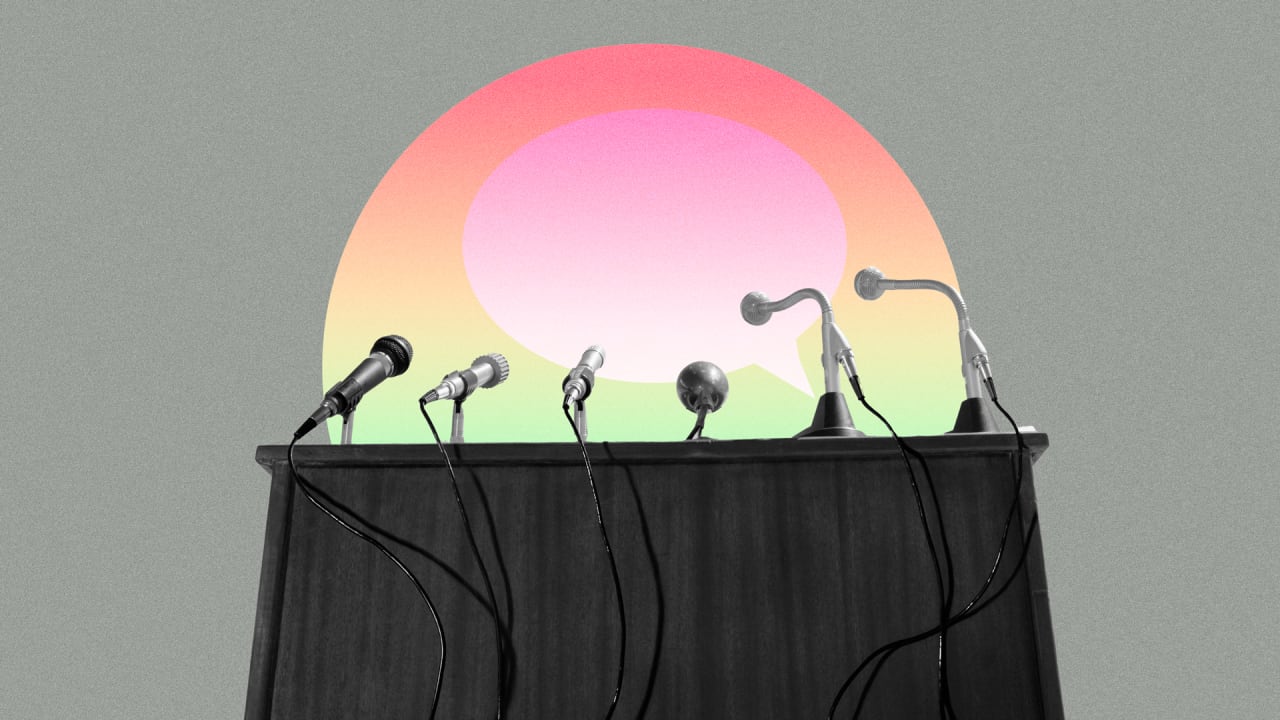
On any given day, it seems like companies are being accused of racist, sexist, homophobic, or non-inclusive content, products, or experience. These so-called mistakes are hurtful and damaging to a number of communities. Consumers are taking to their social media channels to unleash their anger, their outrage, and their proclamations of “I am never buying this again!” According to the annual Edelman Trust Barometer, approximately 60% of consumers buy from brands based on their values and beliefs. The belief-driven buyer is here to stay: They will walk away from products and services that have lost their trust.
So, leaders can no longer avoid the inevitable. It’s not if, but when, they will have to deal with a content- or product-related crisis negatively impacting and causing further harm to historically marginalized communities. And just like in any relationship, how you apologize matters.
Apologies must be timely and heartfelt, and must acknowledge the wrongdoing and prove that the individual who has caused offense wants to do better and be better. Here are three things companies must do when apologizing to regain trust and loyalty from consumers and the greater marketplace.
Be timely
In the world of social media, you must swiftly address consumers within 24 to 48 hours.
Don’t bury what happened; don’t delete the tweet or pretend that the offense didn’t occur. Don’t wait for dozens of influencers and key media outlets to pick up on what happened before you address the issue at hand. The apology will carry more weight when it’s addressed quickly and proactively; silence can speak volumes and create more anger and distress.
When Lizzo, an artist and outspoken social and political activist, released the song ‘Grrrls’ from her upcoming album Special, it was surprising that she would choose to include the word “spaz.” The word is a well-known slur against individuals with disabilities. There was significant criticism on social media from individuals with disabilities and allies of the community. Lizzo apologized publicly in less than 48 hours. She committed to changing the song lyrics, sharing her personal apology on Instagram. Many of her fans and advocates for individuals with disabilities who were the first to publicly criticize her applauded and accepted her heartfelt apology.
Be specific
“We are sorry we missed the mark” or “we are sorry we offended you” doesn’t cut it anymore. Be specific on what you did wrong to educate others from repeating your mistake. It’s a missed opportunity to not share what you have learned. By being specific, it also shows that you are sincere about your apology and that you truly understand why you hurt others. If you don’t explain the gravity of the mistake that was made, consumers will call you out for a “non apology.”
After being accused of profiting from Juneteenth, the federal holiday commemorating the end of slavery, Walmart apologized for its Juneteenth ice cream product. “Juneteenth holiday marks a celebration of freedom and independence. However, we received feedback that a few items caused concern for some of our customers and we sincerely apologize,” read the Walmart apology. Yet, the company was never specific about what it had done wrong. In contrast, Lizzo’s apology was specific and vulnerable: “It’s been brought to my attention that there is a harmful word in my new song ‘GRRRLS’. Let me make one thing clear: I never want to promote derogatory language. As a fat black woman in America, I’ve had many hurtful words used against me so l overstand the power words can have (whether intentionally or in my case, unintentionally).”
Finally, Starbucks CEO Kevin Johnson’s apology was also specific, and a best-in-class example of how companies can get apologies right. Johnson acknowledged the harm when in 2018 two Black men in a Philadelphia Starbucks store were wrongfully arrested while having a business meeting. He said he hoped to meet with the two men personally to apologize, planned to meet with law enforcement and the local community, and specifically said that “Starbucks stands firmly against discrimination or racial profiling.”
Be prepared to rebuild trust
In 2017, Dove was accused of racist content over a Facebook ad that showed a Black woman transforming into a white woman after using a Dove body wash product. Since that time, Dove has been on a journey to rebuild trust and authentically serve the Black community. Dove cofounded the CROWN Coalition Act, which stands for Creating a Respectful and Open World for Natural Hair, a movement to pass legislation to end race-based hair discrimination. Finally, Sephora, once accused by consumers of racist in-store experiences, has become a leader in its industry, commissioning the first-ever racial bias in retail study and co-founding the mitigate racial bias in retail charter pledge with the non profit Open to All. Over 29 retail brands have signed the pledge to date with Sephora leading the way.
Remember, the apology is important–and what happens next is even more important. Your company must make a long-term commitment to rebuild trust with the communities who may have walked away. The diversity, equity, and inclusion crisis you find yourself in could become a real opportunity to show up as an industry leader and make an impact in the greater ecosystem. But more important, it’s an opportunity to show up in a meaningful way to those who have been harmed, and to let them know by your actions that you are on a journey to do better, and be better.





